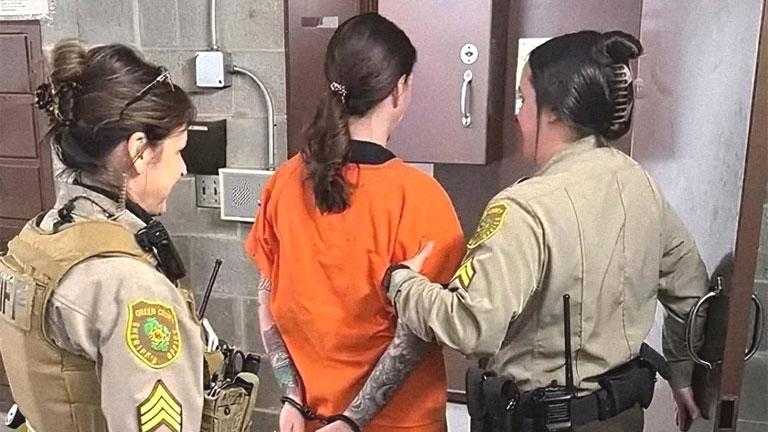
When people hear the word “felony,” they often think of serious crimes and long prison sentences. According to recent statistics, approximately 1.2 million people in the United States are charged with some form of felony each year. This number indicates that felony offenses are not limited to the law books, but directly impact a large segment of society. If you or someone you know is facing such a case, it’s crucial to have a clear understanding of it.
Legal Definition of Felony
Felony offenses are considered more serious than ordinary crimes. In American law, crimes are divided into three levels: infractions (minor violations), mid-term offenses (medium-level offenses), and felonies. Infractions, like traffic tickets, often result in fines. Mid-term offenses can carry up to a year in prison or a fine. While felonies carry prison sentences of more than a year, and sometimes even the death penalty.
This category includes serious violent crimes, drug trafficking, grand theft, and other serious offenses.
Types of Felony
Not all felonies are of the same level. Many states categorize them into categories or degrees to determine punishment.
- First-Degree or Class A Felony: The most serious crimes, such as murder or sexual assault. These can carry a prison sentence of decades or life imprisonment.
- Second-Degree or Class B Felony: Serious crimes, such as armed robbery, some drug offenses, or homicide. These carry a lesser punishment than first-degree felonies, but are still harsh.
- Third-Degree or Class C Felony: Less serious but significant crimes, such as fraud, assault, or some types of theft. These can also carry a prison sentence of several years and a heavy fine.
Each state has its own rules, so the same crime may carry different punishments in different states.
Impacts Beyond Prison Sentences
Felony offenses aren’t limited to prison sentences. Their effects can affect nearly every aspect of a person’s life.
- In many states, voting rights can be lost while serving a sentence and while on parole.
- Weapons are not permitted to be owned or possessed.
- Finding a job can be difficult because most employers conduct background checks.
- Renting a home can also be difficult because many landlords impose restrictions on such cases.
- Obtaining professional licenses can be difficult.
Long-term consequences like these have a profound impact on both a person’s social life and future.
Preventing a Felony Crime
If someone is facing a felony, the stakes are high. A strong felony defense strategy can make all the difference. The right lawyer can better handle the complex court procedures, evidence, and negotiations. For example, an experienced lawyer can get the case downgraded to a less serious offense or sometimes even dismissed entirely.
It’s important to understand that proper legal guidance can make a significant difference in the outcome.
Why It is Important to Understand
Knowing the definition of felony and its consequences is crucial. It not only provides insight into the level of the crime, but also the impact it can have on the accused’s life. Whether the case involves violence, theft, or drugs, every situation requires caution and proper planning.
Impact on Society and Family
Felony crimes are not limited to the accused. Their effects extend to family, friends, and the community. The entire family bears the burden of one person’s punishment. Children’s education and social life are affected, spouses face financial pressure, and the community’s image is negatively impacted.
The Importance of Legal Aid
Legal aid in felony cases isn’t limited to advice; it can also shape the future course of action. An experienced lawyer can analyze evidence, challenge the prosecution’s arguments, and protect the accused’s rights in court. Without proper legal guidance, accused persons often find themselves in even greater difficulty.
Felony offenses fall under the most serious category of law, and their impact extends beyond the court. They leave a profound impact on a person’s life, rights, and future. This is why understanding them and developing a proper defense strategy is crucial. With information and legal assistance, not only can the accused protect their rights, but families and society can also ease the burden.


